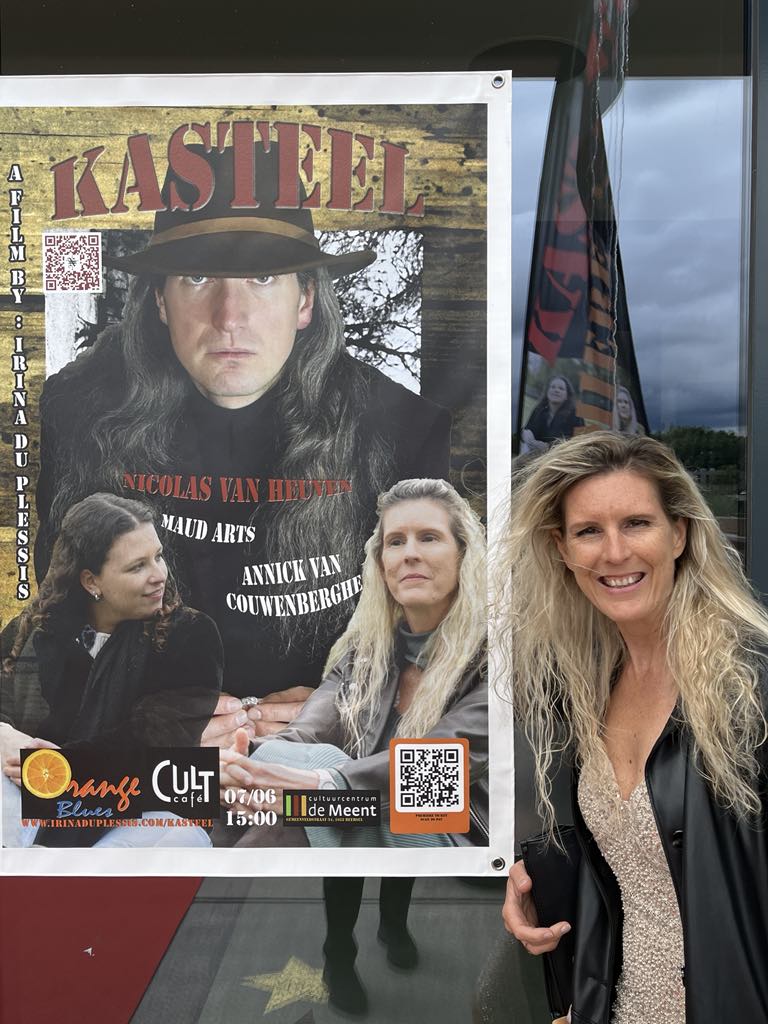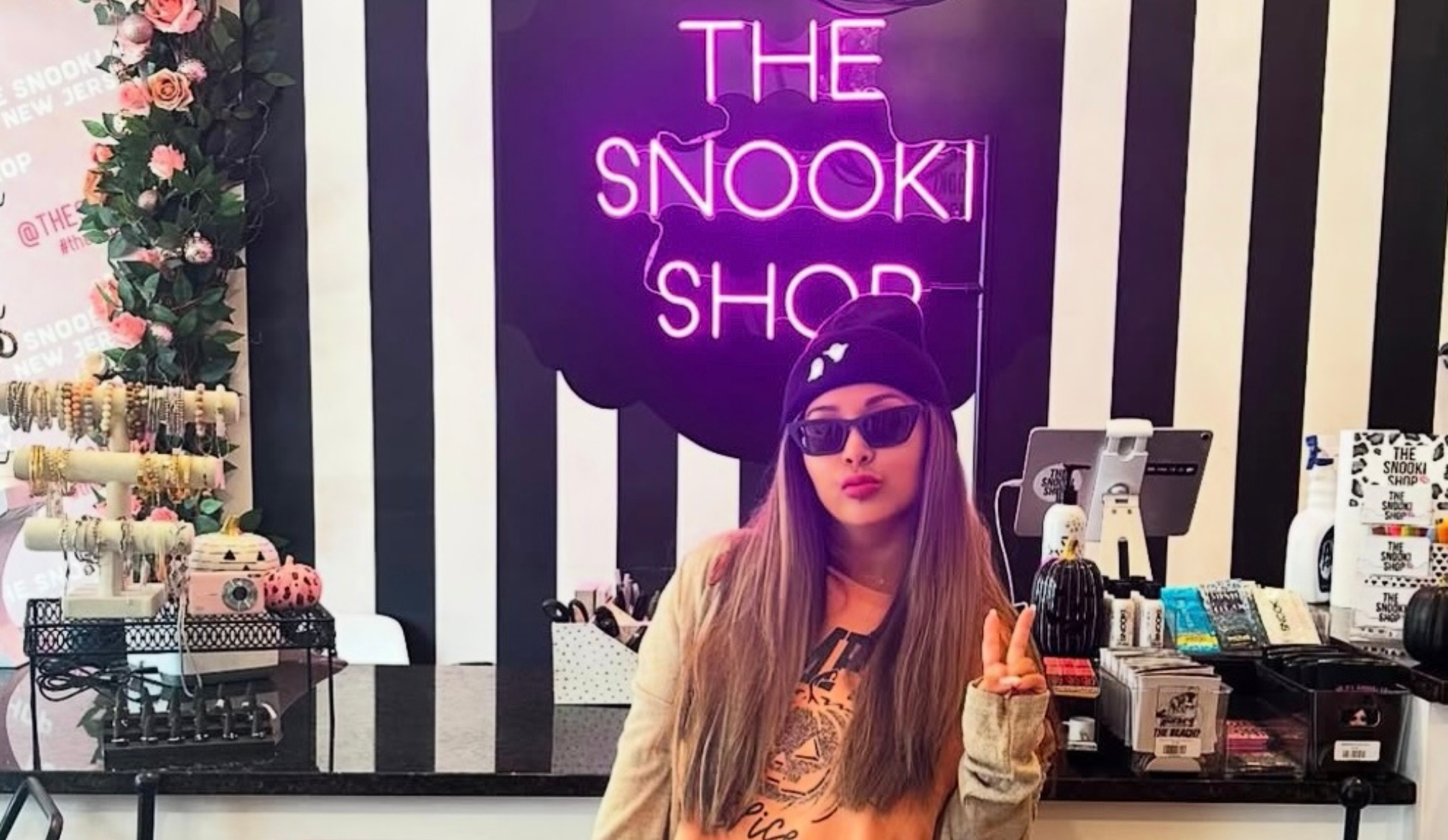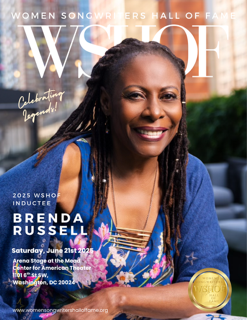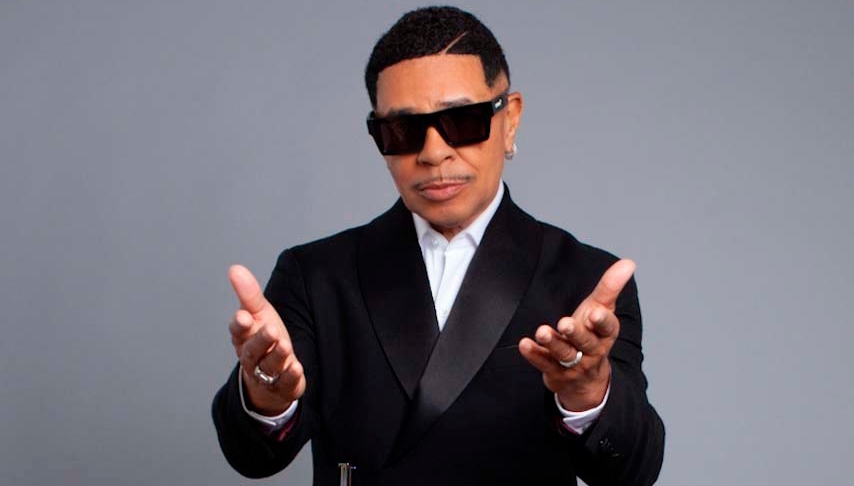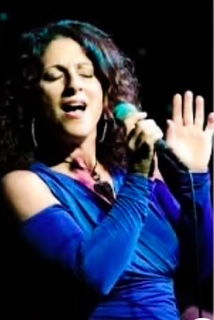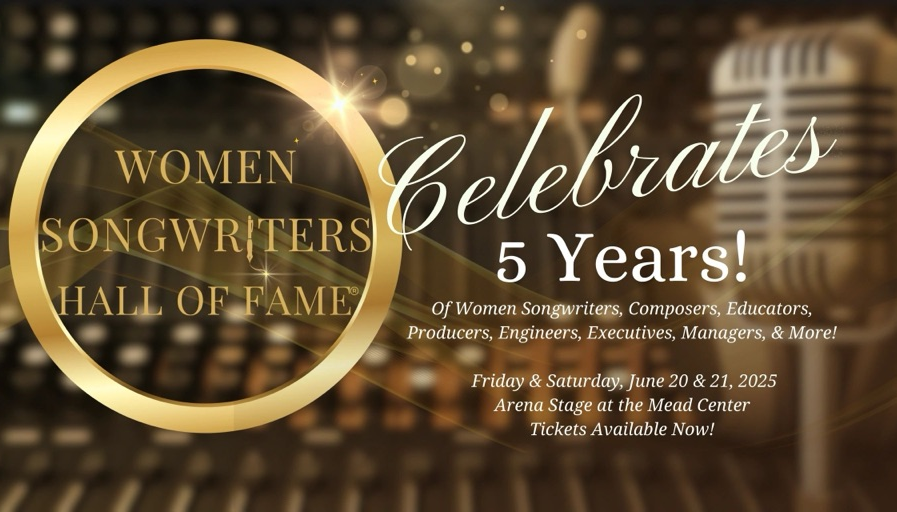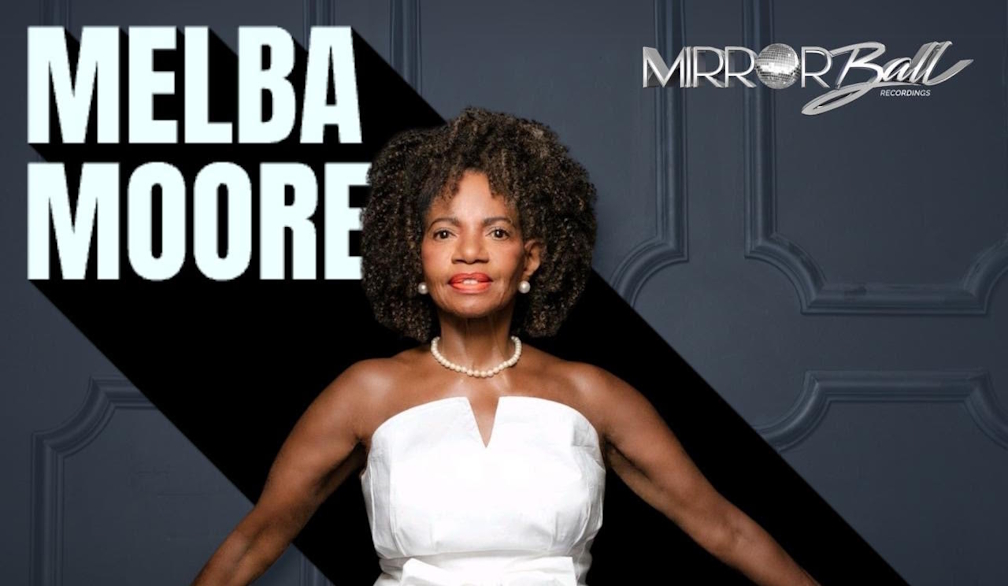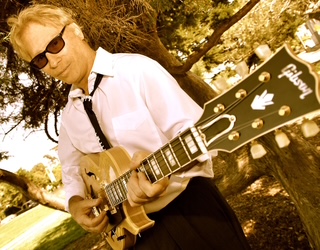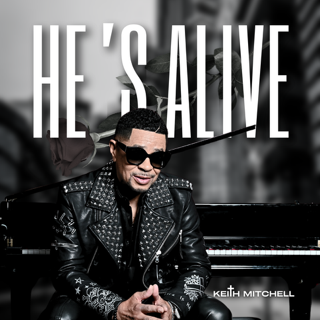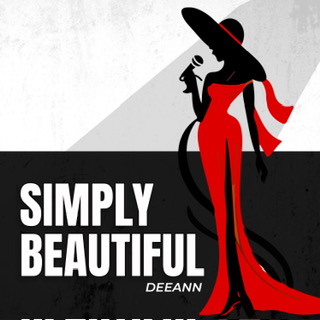Angela Predhomme - My Musical Journey
- Written by Angela Predhomme

Determined to “make it” in the music industry as a songwriter, I meticulously crafted the best songs I could and pitched them to industry gatekeepers. “THIS one’s got to be IT,” I thought. But alas, one song after another got slammed, ignored, or politely passed on. Finally, I decided that if I couldn’t please them, I might as well please myself. So, I got out my pencil, paper and thesaurus, and I craftedlyrics to a fun little melody that came to me while driving to work one day. I called it “This Might Be Good,” and it had a catchy acoustic rhythm with optimistic lyrics about a brand new relationship. Since I had no luck earlier pitching to established artists in the song market, I just sang the song myself and worked with local musicians on a finished track.
Not long after the song’s release, “This Might Be Good” got licensed for a film (A Wedding Most Strange) and played as the end credits rolled. I even got invited to the film’s premiere at the Montreal Film Festival, where I met the writer/director and the cast. It was a glorious experience, and hearing my song in a big, dark movie theatre, coming out of that amazing sound system was a moment I’ll never forget.
Around the same time, “This Might Be Good” won finalist placement in an international song contest. The reason I had entered it was because I saw that Paul McCartney was a judge for this round, and I thought, “I bet Paul would like this song.” That’s because the melody is singable, fun, and catchy, like some of the songs he wrote with the Beatles. Apparently, Sir Paul did take enough of a liking to the songto rank it as one of the top picks.
After this early wave of indie success nearly ten years ago, I had all the affirmation I needed. This message was loud and clear: Trust your instincts. Be true to yourself. Write songs that YOU want to write, not what you think the industry wants. And that’s what I’ve been doing ever since.
My latest single, “So Good to Be Free” is a testament to this stubborn commitment to live life on my own terms. I’m free because I’ve declared myself free from the psychological bondage of a world where everyone wants to tell us how to look, how to be, and what to do in order to be loved. But the fact is that we don’t need society’s approval to let our amazing, authentic selves shine.
I’ve followed my own passions because I figure, even if this music doesn’t get far, at least I like making it. At least it’s real, and it’s me. And if I’m enjoying the process, what do I have to lose? The creative types out there know what I’m talking about. It’s a passion. It’s who we are. And to compromise our true selves to desperately chase the trends just seems sacrilegious.
I set my life up to give myself creative freedom because I knew that music is not a financially stable or guaranteed path. I went to college, and even got a master’s degree. For years, I had a respectable career as a university instructor for English as a Second Language, which paid my bills, and allowed me to make music without the financial pressure to have my songs be a source of regular income. Creating art in this type of environment has its pros and cons: time can be scarce, but the love of creating is pure. It worked well while my husband and I raised our two daughters. I wouldn’t have wanted to be gone on tours all the time when my kids were little, anyway. Now, they can come along, and they actually help a lot at live shows.
That could sound like it’s all been a big, happy lovefest. But, have I paid my dues? You bet. Have I worked tirelessly to perfect my craft and keep growing? Definitely. I never stop. In fact, I love learning and expanding my creativity and skills. It makes me feel alive.
However, we all face struggles pursuing our passions. I’ve found that the ability to bounce back and go on has been crucial. One music industry person said, “There are a lot of very talented people curled up in their beds.” So, then, the ability to cry for a bit, let it out, and then get out of bed and do it again, even after getting slammed, has been key. Thesupport of my family and friends, who have believed in my music from day one, help me get through the challenges that inevitably come with this field.
As a result, both the tumultuous and magnificent experiences I’ve had on this path of music have made me a better lyric writer. The highs and lows have helped me to hone in what it is that I want to say with my lyrics. It’s brought me to a conscious decision to try and lift people up with positive or hopeful ideas rather than reflect the painand drama of the world back to them. Sure, I have bad moods and issues with other people, but if I have a megaphone pointed out to the world, why not be socially responsible? Why not help uplift someone for 3 minutes, or make them think, or inspire them, instead of perpetuatingnegative patterns? So, my lyrics are authentic, but decidedly positive or inspiring. Even a song making someone cry can be good thing, because sometimes we need to let out the pain so we can heal. That’s why I wrote the heart wrenching song, “Let It Play On While I Cry.”
https://www.angelapredhomme.com/




